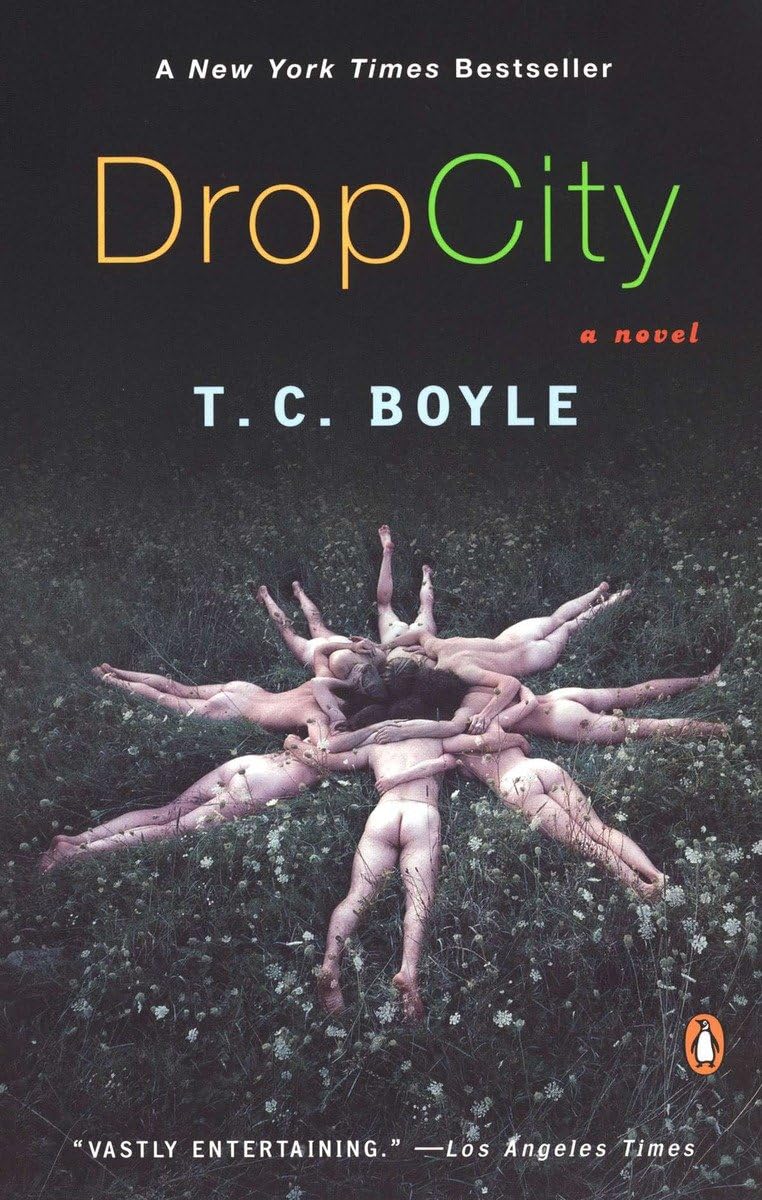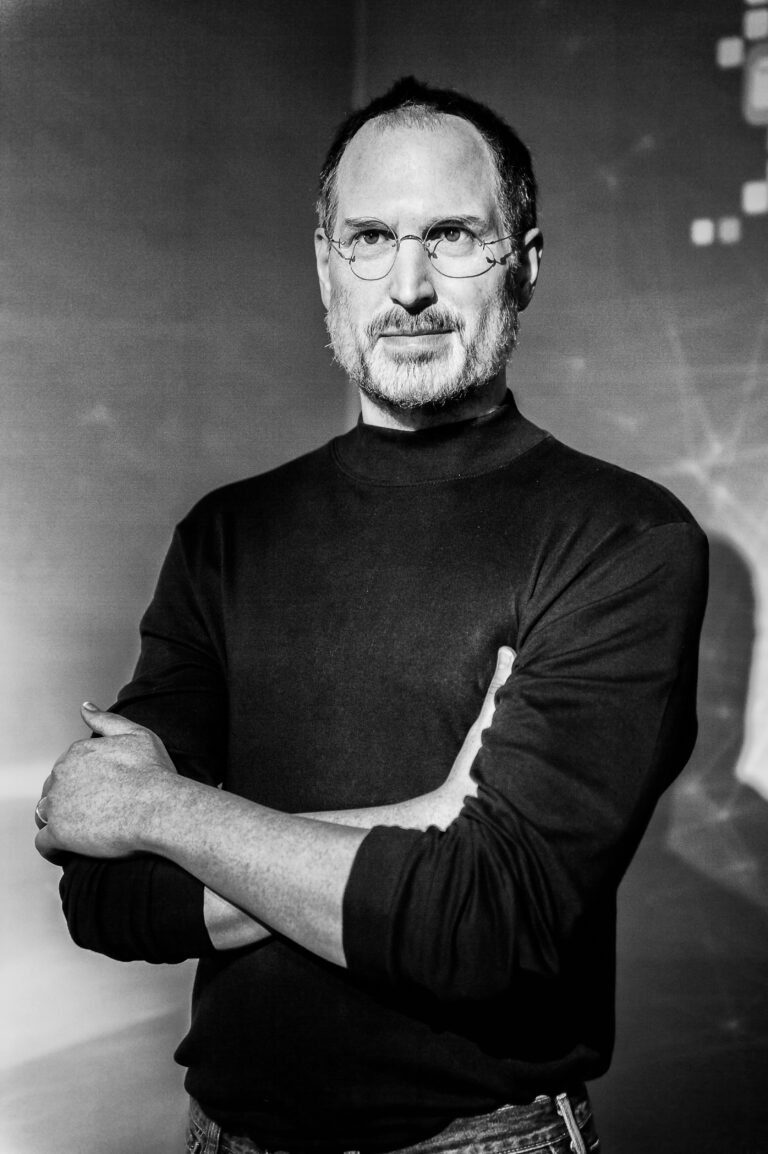1.75 minute read
Out Islands, Bahamas
Okay, try to be as coldly objective as possible: after ten or twenty or fifty years of vision and hunger, do you lead the enterprise now with the same purpose, energy, and passion that you did when you first began?
Beginnings or Endings? Is it the beginning of 2024 or the ending of 2023? As the grown kids move out of the house, is it the beginning of their adulthood or the ending of our being needed? Is the breakup of the Beatles the ending of that music or the beginning of spectacular solo creations and careers? Is the collapse of a relationship a regretful ending or is it the unlocking of a new beginning? As we lead our enterprises over the course of our lives, there are moments when we are reminded that we are unfinished, that the enterprise is unfinished, that the story we have been telling ourselves about who we are and where our life leads is yet unwritten. Frequently, such aha moments come most readily when we begin something new.
I have been engaged in a more or less continuous conversation for four decades with high-performing Entrepreneur Owner-Managers (“EOMs”) about the ways to unlock their potential and experience their freedom. That may be why I understand so vividly that EOMs with skin in the game are challenged by the fact that our professional strengths (and maybe personal ones, too) lie in our passion and persistence for really long-term goals—some of which we have been tirelessly striving to achieve for twenty, thirty, forty-years. Good. Yet, are we as successful at declaring victory—of ending this chapter—so that we can get on to the beginning of the next?
Our challenge is allocating our energy and our attention to enterprises or activities that in their youth were vital and energy creating and value contributing, but may now be a bit… compromised, corroded, tired, dare I say even boring? Devolving, blocking progress by holding onto the past in desperate bids for relevance, frantically trying to justify your ongoing time/energy investment, despite dysfunction and escalating bureaucracy. As we consider transitioning our role in leading and owning our enterprises, we are energized by the thought of a new transformational challenge, new learning and growing. New freedom. And yet, in a small way, it feels like “giving up.” Quietly, our surplus of natural Grit kicks in; it feels more natural to redouble our efforts, head down, in the challenge we have been striving for all these years, than it does to evolve to a new chapter.
Beginning something is usually only possible by ending something else. And when something is ending, look carefully, and we will see within it the seed of a new beginning, and a whole new spectrum of potential. In a sense this is exactly what a beginning does—it is an opening for surprises, for new discoveries. Surrounding our deliberate intention and the very act of beginning, there are energizing possibilities we hadn’t planned for. Paying attention to these inflection points of possibility is an act of self-respect.
And yet as homo sapiens, we are homeostasis seeking machines, aren’t we? Our very species is oriented toward maintaining the status quo of comfort and predictability and security which every beginning inevitably disrupts—with its pivot to change and its temporary feeling of insecurity. What does it take to overcome the mass popular culture’s cult of comfort, security, and stasis?
Frequently the greatest challenge is simply to just begin. There is something deep in us that conspires with what wants to remain within safe boundaries and stay the same. So, it makes sense that almost always a period of preparation is necessary, where the idea of the beginning can hatch, and where we should simply take the risk of moving from ambivalence to boldly spring into a new beginning.
A profound misstep some highly-successful EOMs make is attempting to sustain their peak accomplishment indefinitely, trying to repeat the excitement, wonder, adventure that they experienced relatively early in the organization’s life. It’s not possible. Every thing and every person are transitory. The year comes to an end. Kids move out. The Beatles broke up. The relationship is concluded. Rust never sleeps. Fighting that evolution is merely empty raging against the dying of the light.
Beginnings might frighten some of us because they seem like lonely voyages into the unknown. They can be, yet… no beginning is empty or isolated. Some people seem to think that beginning is setting out from an already lonely point to the murky unknown. This is not the case. A beginning is ultimately an invitation to unlock our potential, experience our freedom, and access the learning and growing that are stored up in us. To refuse to begin afresh can actually be an act of great self-neglect and self-disrespect.
After ten, or twenty, or fifty-years of vision and hunger, do you lead the enterprise now with the same purpose, energy, and passion that you did when you first began? Hey, we’ve been striving for achievement at a high level for a really long time, so it’s sure understandable we might not. But if not, doesn’t the business deserve a new majority owner brimming with new vision, new hunger, and new energy… like you had in the beginning? And if we apply ourselves to literally choose who will be the next new majority owner, isn’t that just being responsible to all the stakeholders we care so much about?
What I am Reading / Listening to
Drop City (2003)
By T.C. Boyle
Contributed by Marisa Lister
While Drop City was published over 20 years ago, for anyone who is a fan of the counterculture movement of the 1960s and 70s, it is an incredible read and study of the ideals and challenges of that time. The novel takes readers on a journey (like only T.C. Boyle can do) from the bohemian lifestyle of Drop City, a commune in California, to the harsh realities of life in the Alaskan wilderness.
The storyline revolves around a group of free-spirited individuals who establish Drop City, an experimental community that embraces the ethos of peace, love, and communal living. Boyle skillfully portrays the dynamics within the commune, highlighting the clash between idealistic aspirations and the practical difficulties of sustaining such a lifestyle.
As the commune faces increasing challenges, including conflicts over resources and ideological differences, some members decide to embark on a journey to Alaska. The narrative then shifts to the harsh Alaskan wilderness, where the characters must confront the unforgiving forces of nature and the harsh truths about themselves.
One of Boyle’s true gifts is the ability to create rich and multifaceted characters, which he does incredibly in this work. Each member of the commune has a distinct personality, and their interactions provide insight into the complexities of human relationships. He skillfully navigates between humor and tragedy, making the novel both entertaining and poignant.
Boyle also delves into the broader cultural and social issues of the time, including the clash between the counterculture movement and the establishment. The novel offers a nuanced exploration of the ideals that fueled the 1970s counterculture and the challenges of translating those ideals into sustainable communal living.
While Drop City is a work of fiction, it draws inspiration from real historical events and movements, adding a layer of authenticity to the narrative. Boyle's writing style is engaging and immersive, capturing the spirit of the era. T.C. Boyle's vivid characters, evocative prose, and exploration of societal ideals make this book a memorable and thought-provoking read for those interested in the dynamics of communal living and the cultural landscape of the 1970s.

Entrepreneur Owner-Manager Quote
“Your time is limited, so don’t waste it living someone else’s life.”
-Steve Jobs, Co-Founder of Apple Inc.

Energy Creation
For EOMs with Skin in the Game: Is Safety an Illusion?
I recently had some friction with some perfectly nice people who live in the Bureaucratic World. They evidently live their lives competing to optimize comfort, safety, and security. So, when our meeting concluded they said goodbye by adding the caution “be safe.” Be safe? Why? Be safe from what?
Many people in our mass popular culture who enjoy a good existence base their lives on an avoidance strategy that saturates all their activities and even, relationships. They live to a plateau of mediocrity, keeping themselves “safe” (they think) and “comfortable.” I suppose there’s nothing inherently wrong about that except…getting your motivation from “avoidance” and allocating all your attention and energy to focus on what you don’t want will likely lead to... more negative. Huh? Why would I live my life by focusing my attention on the negatives—what I don’t want?
These competitors in the bureaucratic world are tourists in life with no skin in the game, no investment in the outcome. Frequently they compromise whatever they possess in locked up potential; they continually deny the lives they truly want and settle for the hope of perceived comfort, safety, security. Naturally though, they never experience comfort, safety, or security. Because they are focused on the negative. Through this defensive, clinical (fix what’s wrong) strategy, the best they can hope to achieve is mediocrity, or complacency. Beneath all their pseudo comfort/security is a constant undercurrent of dissatisfaction and vulnerability to circumstances beyond their control.
All of us Entrepreneur Owner-Managers with skin in the game live two lives. The life we are living, and the longed for, but unlived life locked up inside of us. Comfort is overrated. Safety is an illusion. That “be safe” caution is soooo naïve that it is insulting-- infuriating even--to those of us EOMs with Skin in the Game, giving it our all to live life to the fullest.

© 2024 Bigelow LLC. All rights reserved.

